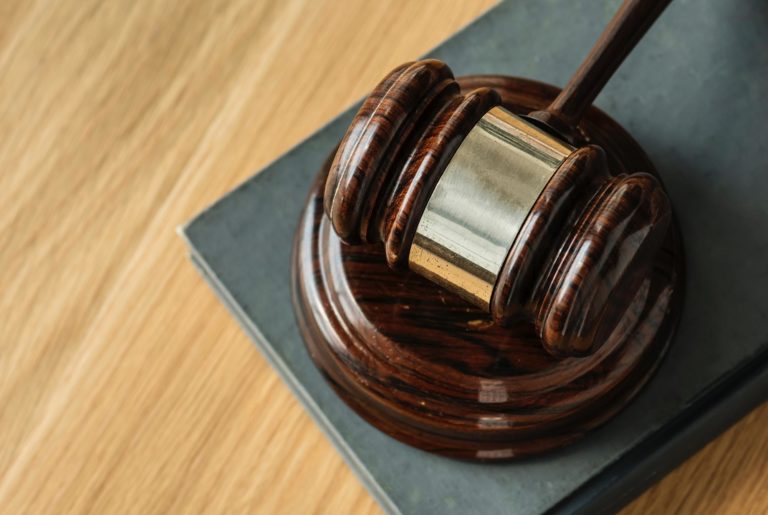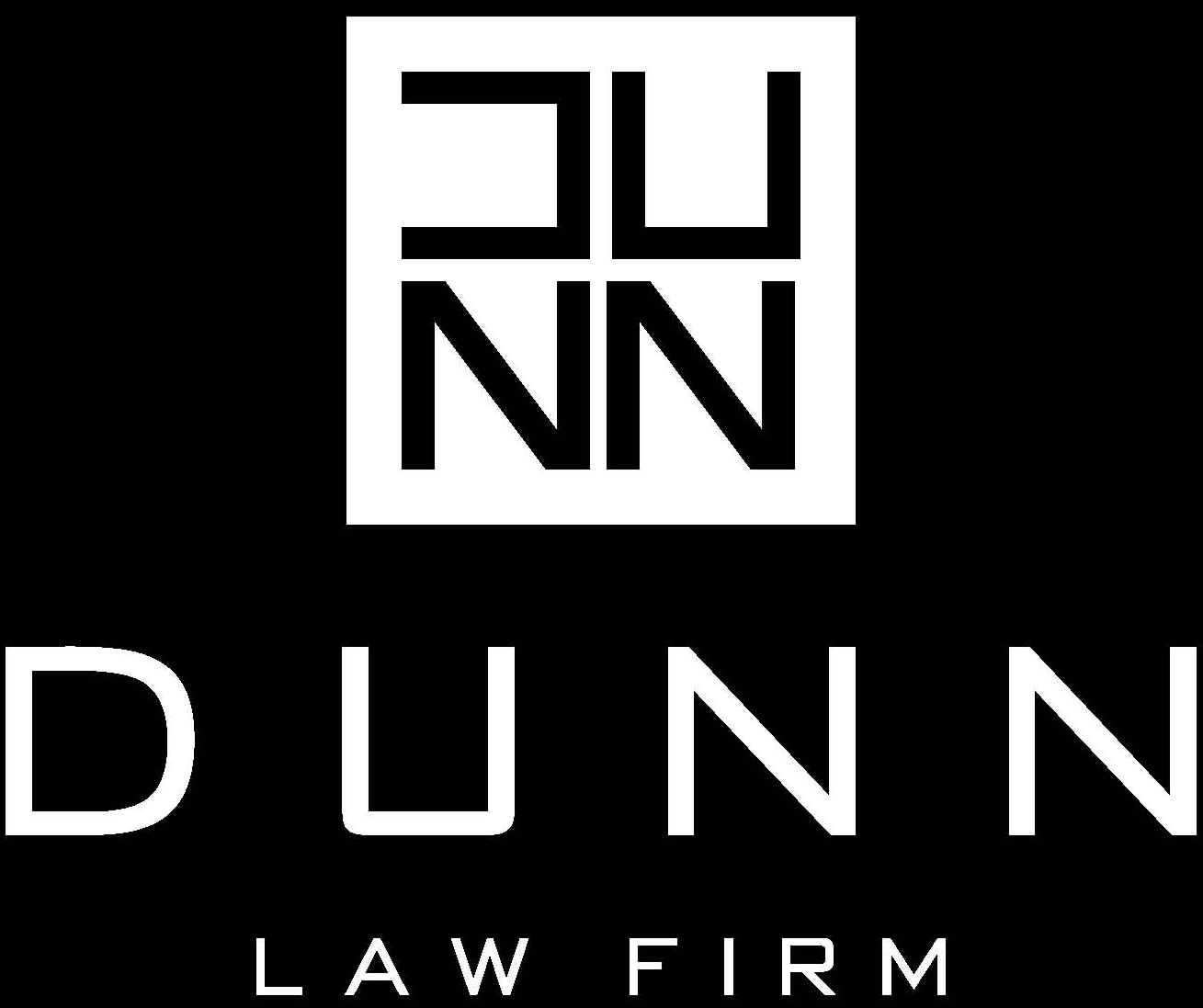by Dunn Law Firm | Dec 7, 2024 | Criminal Defense
Property crimes in Florida span a range of illegal activities, including arson, trespassing, theft, and vandalism. Generally, the common principle to all the different activities is using or taking someone else’s property without their permission. Relatedly, you could have had permission, but it was revoked, and you continued to use that person’s property.
Understand that while some property crimes are only considered misdemeanors, especially for a first offense, if you are charged and convicted, even only just for paying a fine, you may have a criminal record. Be it a misdemeanor or felony, it’s best to avoid the problem in the first place.
Florida Property Crimes
Arson in Florida is a felony and involves burning property. The magnitude of the charges is proportional to the damage done, and harm done to anyone. Accidental fires are not arson unless negligence was a factor, and the fire was avoidable.
Criminal Mischief
Willful, malicious property damage or destruction is criminal mischief (also known as vandalism), including placing graffiti. Again, the severity of the charges depends on the damage; also, whether or not the perpetrator has a prior history of such acts.
Theft and Burglary
Theft is unlawful taking of someone’s property; either petit theft or grand theft, the distinction in Florida is petit theft is under $300, and grand theft is over $300. Common examples are shoplifting or writing bad checks and can be either category, depending on the amount.
Burglary involves breaking and entering, besides the theft, and, you can commit burglary without theft if your intention for entering is some other reason.
Trespassing
Trespassing occurs when someone knowingly enters a property, like land or a building, without permission of the owner, or refuses to leave after told to.
Penalties
Penalties depend on various factors, including whether the crime was a misdemeanor or a felony, which class of either type of crime, and the value of the property. Penalties include fines and jail time.
If you need assistance, please contact us at The Dunn Law Firm, 3100 Southgate Circle, Suite A, in Sarasota, 941-866-4352.
Criminal Attorney Sarasota | Florida Property Crimes
by Dunn Law Firm | Oct 8, 2024 | Criminal Defense
Have you been charged with a violent crime in Sarasota and are looking for legal representation? Adam Dunn and the Dunn Law Firm can provide you competent representation as your case moves through the court system. Here’s more information about violent crimes in Florida:
What are violent crimes?
 A violent crime is any illegal act which harms or has the potential to harm a person or child. They are normally separated into misdemeanors and felonies depending on the charge. They can include:
A violent crime is any illegal act which harms or has the potential to harm a person or child. They are normally separated into misdemeanors and felonies depending on the charge. They can include:
- Resisting arrest with or without violence
- Simple or aggravated assault
- Child neglect or abuse
- Simple battery, a misdemeanor
- Battery on a police officer or other law enforcement officer
- Aggravated battery
- Felony battery (either due to prior offenses or using a deadly weapon)
- Domestic violence battery
- Residential burglary, burglary with battery, or armed burglary
- Kidnapping or false imprisonment
- Manslaughter
- Various murder charges including:
- Attempted first-degree murder
- Conspiracy to commit murder
- Felony murder
- Murder in the second degree
- Premeditated murder in the first degree, or capital murder
- Charges under Florida’s “10-20-Life” law which carry mandatory minimum sentences
What effect do these crimes have for the accused?
Charges for violent crimes not only carry harsh jail or prison penalties upon conviction, but they can also affect someone for life. They can include probation, a permanent criminal record affecting your ability to work, mandatory intervention programs, and monetary restitution to the victims.
Violent crime charges are very defendable, so you need to move quickly to secure legal representation from the Dunn Law Firm by calling us at 941-866-4352 today for a free consultation. Don’t wait, call today.
Sarasota Crimes of Violence
by Dunn Law Firm | Mar 19, 2023 | Traffic Attorney
Adam Dunn and the Dunn Law Firm are ready to aggressively defend you for a minor traffic offense to a serious crime. Part of our service is education, and today we will discuss the ramifications of driving in Florida with a suspended license.
 If you are found guilty of certain moving violations, your license can be suspended. This can impact your ability to get to work or school. Even worse is what can occur if you continue to drive with a suspended license. License suspensions are covered under Florida Statutes Section 322.34.
If you are found guilty of certain moving violations, your license can be suspended. This can impact your ability to get to work or school. Even worse is what can occur if you continue to drive with a suspended license. License suspensions are covered under Florida Statutes Section 322.34.
- If it is your first offense for driving with a suspended license, you can spend 60 days in jail and be fined up to $500. There are allowances if you can prove you did not know your license was suspended.
- A second offense can result in up to one year in prison and a $1000 fine.
- A third offense can be charged as a felony; if convicted you could face five years in prison and a $5000 fine.
- There is also a provision for a habitual offender. If you are found to have three driving while suspended convictions within five years, you can have your license revoked for five years.
Florida is also a state which can suspend or revoke your driver’s license for non-traffic offenses. One example is failing to pay court fines or fees. As people in Florida go through the court system, they are charged for a variety of things including filing for a public defender, charges for their prosecution, and court fees for misdemeanors and felonies as well as any fines. In 2017, over 100,000 people had their licenses suspended for failure to pay court fines and fees.
If you feel your license is at risk due to any of the reasons above, contact the Dunn Law Firm today in Sarasota. We are available 24/7 to help you. Call us at 941-866-4352.
by Dunn Law Firm | Jan 4, 2023 | Domestic Violence
Domestic violence is an assault, battery, aggravated assault, kidnapping, false imprisonment, or other criminal offense committed by a household or family member that results in injury or death of another household or family member. When it comes to domestic violence, a lawyer can help. To learn what lawyers can do to help those involved in domestic violence charges, continue reading.
 Facing a domestic violence incident can be difficult. This is why domestic violence attorneys are here to help. A domestic violence attorney represents your best interests. They can work with you to make strategic decisions, including decisions about evidence presentations and testimony selections, as a way to best benefit your case. A domestic violence attorney’s goal is to represent you as well as possible.
Facing a domestic violence incident can be difficult. This is why domestic violence attorneys are here to help. A domestic violence attorney represents your best interests. They can work with you to make strategic decisions, including decisions about evidence presentations and testimony selections, as a way to best benefit your case. A domestic violence attorney’s goal is to represent you as well as possible.
When getting in touch with a lawyer, there are a few questions you may want to ask. For example, ask them about their prior experience with domestic violence cases. If your potential attorney can explain things to you clearly, they may be a good choice for your case. Also ask them about their goals for your case, their strategy, and how they prepare for each trial. If you like the answers you hear, they may be the ideal lawyer for your case.
Don’t forget to ask a potential domestic violence attorney about the results of their previous cases. Find out about their track record to see if they are a successful lawyer who can represent you well in court. During your research for a domestic violence attorney, consider The Dunn Law Firm in Sarasota. Our team has experience working with domestic violence cases and we want to help you. Call us today at 941-866-4352.
by Dunn Law Firm | Nov 20, 2022 | Traffic Attorney
The Dunn Law Firm wants you to be informed about criminal law so you can avoid situations which can get you into trouble. However, there may be times when you need our services, and one such area involves driver’s license suspensions. What types of offenses can result in the suspension of your license? Typically these suspensions fall under different classifications:
 Driving Offenses
Driving Offenses
No insurance– If you are caught driving without valid auto insurance you can lose your license for up to three years for a first offense.
Accumulated points — Many driving violations, such as speeding, can result in points assessed against your license. If you accumulate too many points in a given period your license can be suspended.
Other Offenses
Failure to comply — This rule can encompass different violations, but actions such as failure to pay child support as an example can result in a license suspension until the payments are made. Failure to follow actions of the court, such as attending classes or attending a required hearing on your case, can result in license suspension. The suspension term can vary for the offense, so it is best to consult with the Dunn Law Firm if you have any court-ordered actions and have failed to comply or to be certain you are taking correct actions needed to comply.
Crimes
DUI — Driving under the influence of drugs or alcohol is a crime and can result in license suspension for up to a year for the first offense. Subsequent offenses can result in further suspension, revocation, and jail time.
Drug crimes — Crimes such as selling drugs or being in possession can result in license suspension.
If you have any of the above violations or offenses, don’t take chances with your future. Contact Adam Dunn and the Dunn Law Firm today for a consultation. You can reach us at 941-866-4352.



 A violent crime is any illegal act which harms or has the potential to harm a person or child. They are normally separated into misdemeanors and felonies depending on the charge. They can include:
A violent crime is any illegal act which harms or has the potential to harm a person or child. They are normally separated into misdemeanors and felonies depending on the charge. They can include: If you are found guilty of certain moving violations, your license can be suspended. This can impact your ability to get to work or school. Even worse is what can occur if you continue to drive with a suspended license. License suspensions are covered under
If you are found guilty of certain moving violations, your license can be suspended. This can impact your ability to get to work or school. Even worse is what can occur if you continue to drive with a suspended license. License suspensions are covered under  Driving Offenses
Driving Offenses
Recent Comments